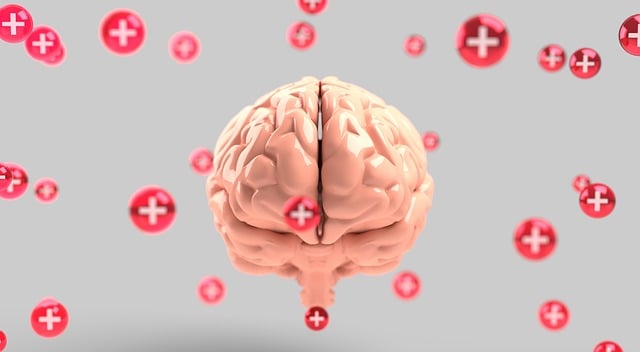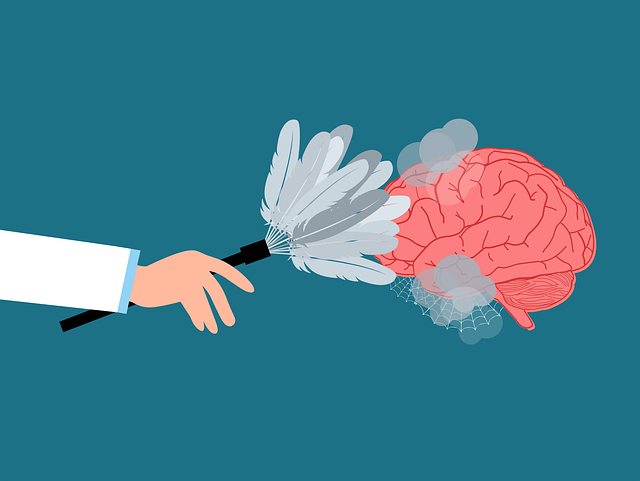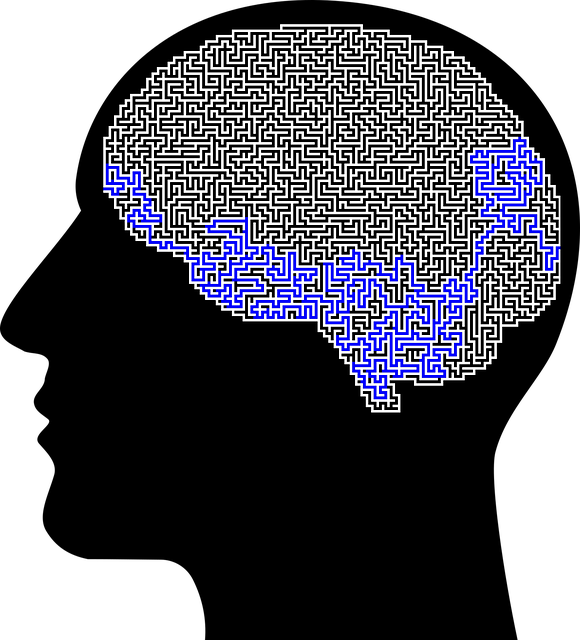有效应对策略的开发对说普通话的年轻儿童至关重要,尤其是在考虑他们的文化背景时。治疗师应通过家庭参与和社区资源来解决这些家庭重视集体主义和相互依赖性所带来的问题。专注于自我照顾、创意表达和正念练习的心理健康教育计划,能够使创伤支持服务更具文化适应性和可及性。这种全面的方法确保儿童获得即时应对工具以及长期心理健康促进。对于说普通话的年轻人,定制文化治疗以解决情感表达和家庭动态问题,并结合游戏、艺术和社区联系,可以增强他们的应变能力,并保护他们的文化身份。通过评估和持续监测,可以衡量这种治疗对儿童长期心理健康的影响,确保干预措施是有效的,同时帮助治疗师改进方法。
Coping skills development is crucial for the holistic growth of young children, especially those speaking Mandarin Chinese. This article explores strategies tailored to their cultural context, focusing on early intervention through therapy. We delve into the importance of building resilience and discuss innovative techniques like play and creative approaches. By measuring progress, therapists can ensure the long-term impact of coping skills development in this diverse linguistic population.
- Understanding Coping Skills for Mandarin Chinese Speaking Young Children
- The Importance of Early Intervention in Therapy
- Strategies for Building Resilience in a Cultural Context
- Incorporating Play and Creative Techniques in Therapy Sessions
- Measuring Progress and Long-Term Impact of Coping Skills Development
Understanding Coping Skills for Mandarin Chinese Speaking Young Children

Mandarin Chinese speaking young children, like their peers from other linguistic backgrounds, can greatly benefit from developing effective coping skills. Understanding their cultural context is crucial when designing therapy for young children in this demographic. Many Mandarin-speaking families emphasize collectivism and interdependence, which can influence a child’s expression of emotions and engagement in coping strategies. Therefore, therapists should incorporate family involvement and consider community resources when developing interventions.
Incorporating self-care routine development within the context of mental health education programs designed specifically for this population can be highly effective. By teaching Mandarin Chinese speaking young children healthy ways to manage stress and process difficult emotions, such as through creative outlets or mindfulness exercises tailored to their cultural preferences, trauma support services can become more accessible and culturally responsive. This holistic approach ensures that these children receive the necessary tools not only for coping but also for fostering better mental health in the long term.
The Importance of Early Intervention in Therapy

早期干预在治疗中扮演着至关重要的角色,尤其是针对会说普通话的年轻儿童。许多心理健康问题和行为挑战在儿童早期就可能出现,如果及时发现并采取行动,可以显著改善结果。通过提供专业的疗法,例如针对儿童和家长的心理健康教练计划,我们可以帮助孩子们发展健康的应对策略和情绪管理能力。
实施社区外展计划也是一个有效的策略,它能够将资源和支持直接带到家庭和社区中,确保每一位有需要的孩子都能获得必要的帮助。早期干预不仅有助于预防问题恶化,还能为儿童建立持久的心理韧性和良好的生活习惯打下基础,促进他们未来的精神健康与幸福。
Strategies for Building Resilience in a Cultural Context

Building resilience among Mandarin Chinese-speaking young children involves tailored strategies that address cultural nuances and family dynamics. In many Asian cultures, including those with a strong Mandarin heritage, expressing emotions openly can be less common, which may impact a child’s ability to process and share their feelings. Therefore, therapy for young children should incorporate methods that encourage emotional awareness and communication, such as play therapy or art therapy, which offer non-verbal avenues for expression.
Cultural context also plays a significant role in coping skill development. Mental illness stigma reduction efforts that are sensitive to Mandarin Chinese cultural values can foster a supportive environment, encouraging children and families to seek help without fear of judgment. Resilient individuals often derive strength from community connections and traditional practices. Integrating mental health education programs designed with these factors in mind can empower Mandarin-speaking children to navigate life’s challenges while upholding their cultural heritage.
Incorporating Play and Creative Techniques in Therapy Sessions

在治疗年轻儿童的过程中,将游戏和创意技巧融入会话中是一种强大的方法,尤其是在为说普通话的儿童提供服务时。通过游戏,孩子们可以以自然而愉快的方式表达自己的情绪和感受,这是促进其情感健康和福祉的重要途径。这些技术有助于建立信任和安全感,使儿童更愿意参与治疗并探索他们的内心世界。
在疗程中采用创意方法,如艺术、戏剧或音乐,能够帮助儿童以不同的方式处理和理解复杂的情绪。对于学习普通话的儿童来说,这可以成为文化适应性工具,让他们通过创造性表达来克服语言障碍,提升自我表达能力。此外,这些技巧还能减轻医疗保健提供者的工作压力,通过提供一种有趣且有效的治疗方式,防止职业疲劳和 burnout,从而确保他们能够持续为儿童提供优质服务。
Measuring Progress and Long-Term Impact of Coping Skills Development

Measuring progress and assessing the long-term impact of coping skills development is an essential aspect of therapy for young children speaking Mandarin Chinese. In the context of mental health education programs design tailored for this demographic, various qualitative and quantitative methods can be employed to gauge effectiveness. This may include pre-post assessments, where children’s emotional regulation, problem-solving abilities, and overall resilience are evaluated before and after the intervention. Such tools can help identify specific coping strategies that resonate with Mandarin-speaking youth, allowing therapists to refine their approaches accordingly.
Over time, the integration of these skills into daily life becomes evident through observations in natural settings. Mental wellness coaching programs development should incorporate ongoing monitoring to track changes in children’s behavior, attitudes, and interactions with peers and caregivers. This long-term perspective is crucial when evaluating the sustainability of coping strategies taught during therapy sessions, including those provided through trauma support services. By measuring these outcomes, therapists can ensure that the interventions are not only beneficial in the short term but also contribute to the holistic mental wellness coaching programs development for Mandarin-speaking young children.
Coping skills development is a vital area of focus in therapy for young children speaking Mandarin Chinese, especially through early intervention. By understanding cultural contexts and incorporating creative techniques like play and art, therapists can build resilience and enhance long-term well-being. Measuring progress allows for adjustments and ensures the effectiveness of these strategies in addressing the unique needs of this demographic.








